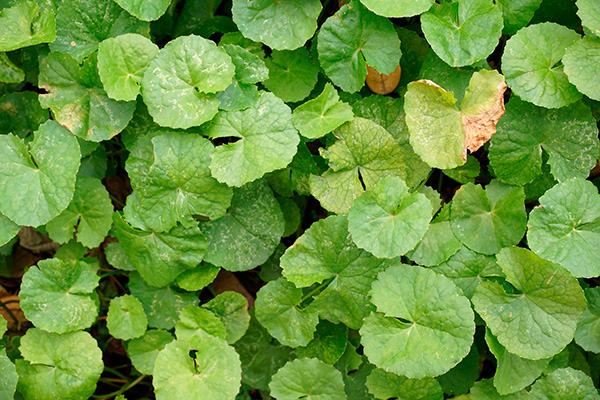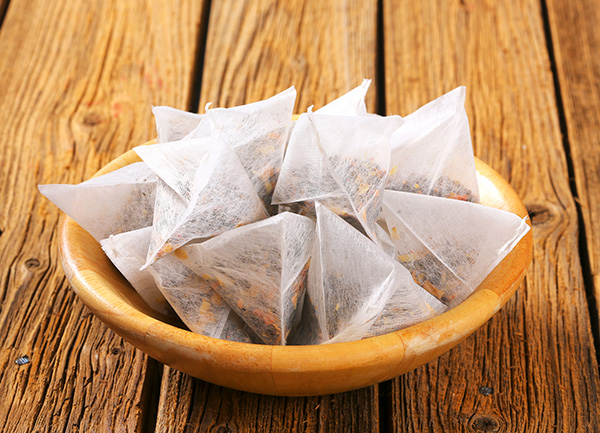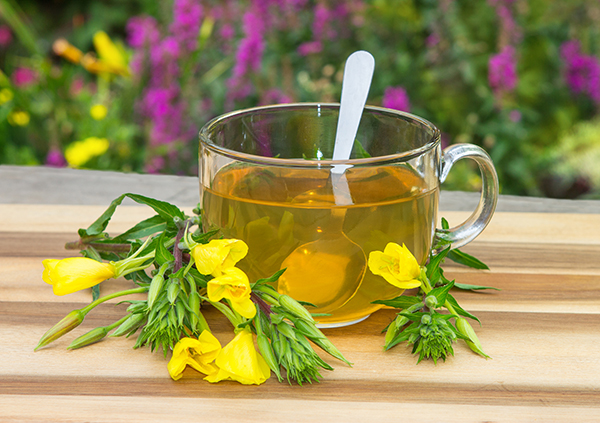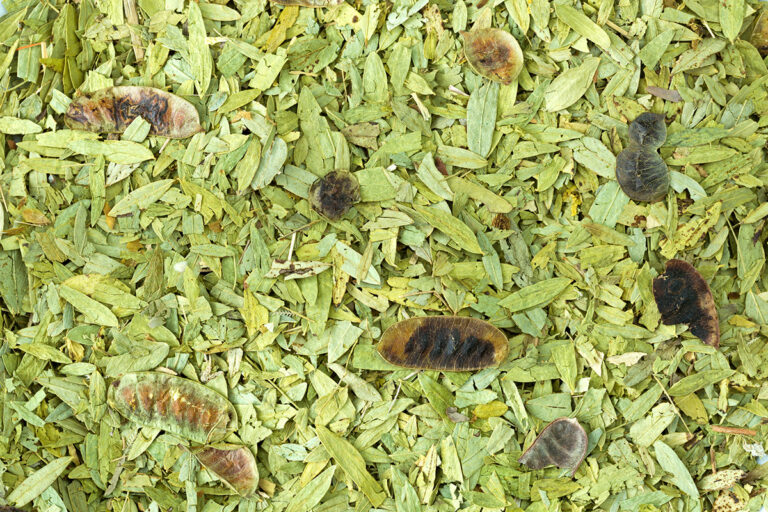Marshmallow Root Tea: Benefits, Side Effects, and How to Make It
Marshmallow root tea is a soothing, warm beverage made from the root of the marshmallow plant (Althaea officinalis). Despite sharing a name with the fluffy campfire treat, this plant’s roots have been used for centuries in traditional medicine for their therapeutic properties.
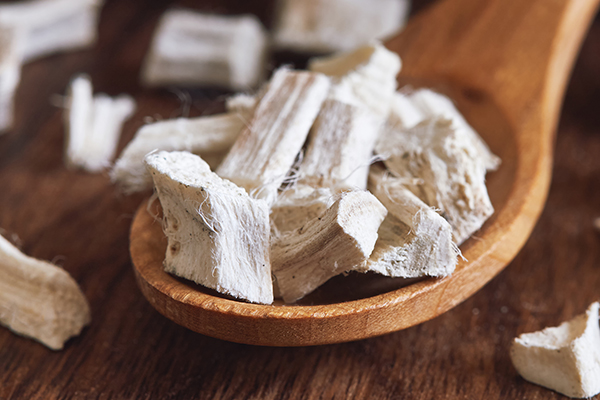
Potential Health Benefits of Marshmallow Root Tea
Marshmallow root tea offers several health benefits. These advantages stem from its rich store of antioxidants, soothing properties, and high mucilaginous content, which coats and protects mucous membranes.
Soothes Digestive Tract
The high mucilage content of marshmallow root forms a protective layer over the digestive tract’s lining. This can help soothe irritation, reduce inflammation, and potentially aid in issues like gastritis and acid reflux.
Supports Respiratory Health
Marshmallow root tea can provide relief from coughs, colds, and sore throats. Its soothing properties can reduce throat irritation and help suppress coughs by forming a protective lining over the throat’s sensitive mucous membranes.
Promotes Skin Health
Applied topically or consumed as a tea, marshmallow root may help soothe skin irritation, including burns, wounds, or eczema. Its anti-inflammatory properties can promote healing and comfort to the skin.
Marshmallow Root Tea Side Effects
While generally considered safe, marshmallow root tea does come with a few potential side effects.
Lower Blood Sugar Levels
Marshmallow root may lower blood sugar levels. Those with diabetes or hypoglycemia should monitor their blood sugar levels closely and consult with a healthcare provider before consuming this tea.
Interference With Medications
The mucilage in marshmallow root can delay the absorption of certain medications. If you are on any prescribed drugs, discuss with your doctor before adding marshmallow root tea to your regimen.
Who Should Not Drink Marshmallow Root Tea?
Pregnant and breastfeeding women should avoid marshmallow root tea as there’s not enough research to guarantee its safety. Also, those with diabetes, hypoglycemia, or on certain medications should consult a healthcare provider first.
How to Make Marshmallow Root Tea
Creating a comforting cup of marshmallow root tea is simpler than you might think.
- Start by boiling 8 ounces of water.
- Add 1-2 teaspoons of dried marshmallow root.
- Let the mixture steep for 5-15 minutes.
- Strain the tea into a cup.
- Add honey or lemon to taste, if desired.
Always follow the manufacturer’s guidelines if you are using a store-bought product.
Final Thoughts
Marshmallow root tea offers a unique blend of soothing and healing properties. While generally safe for most people, it’s essential to consider potential side effects, especially for those with specific health conditions or taking certain medications.
FAQ
What Does Marshmallow Root Tea Taste Like?
Marshmallow root tea has a subtly sweet, earthy taste, often described as mildly nutty or woodsy. You can enhance its flavor with a dash of honey or lemon.
When Should I Drink Marshmallow Root Tea?
There’s no specific time to drink marshmallow root tea. However, if you’re drinking it to soothe digestive issues, having a cup before meals might be beneficial.
How Often Can You Drink Marshmallow Root Tea?
While there are no strict guidelines on consumption frequency, 1-3 cups per day is generally considered safe. Remember to follow any recommendations on the product label or advice from a healthcare provider.
How Long Can You Drink Marshmallow Root Tea Safely?
While marshmallow root tea is generally safe to consume, long-term use should be discussed with a healthcare provider to ensure it does not interact with any ongoing medications or health conditions. It’s always wise to consult with a professional when incorporating new herbs into your regimen.
Is Marshmallow Root Tea Good for Mucus?
Yes, marshmallow root tea can be beneficial for mucus. Marshmallow root has soothing properties that can reduce irritation in the throat and mucous membranes, and it may help to thin and loosen mucus, making it easier to expel.


